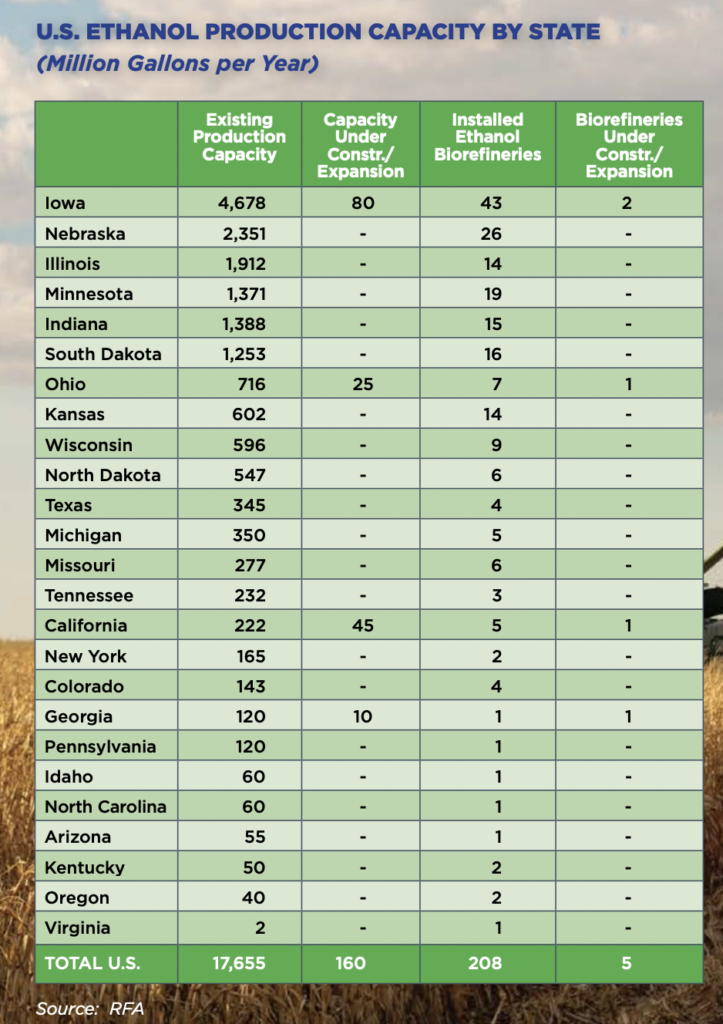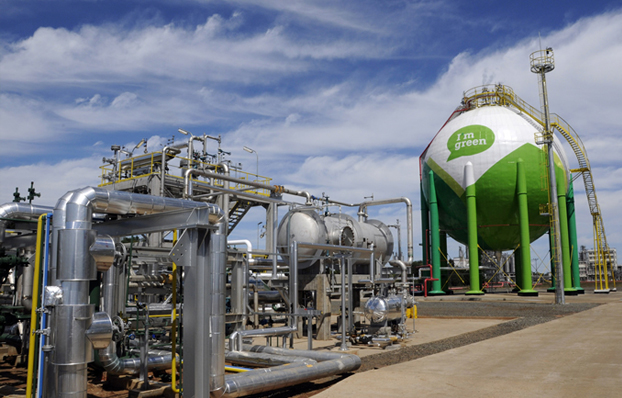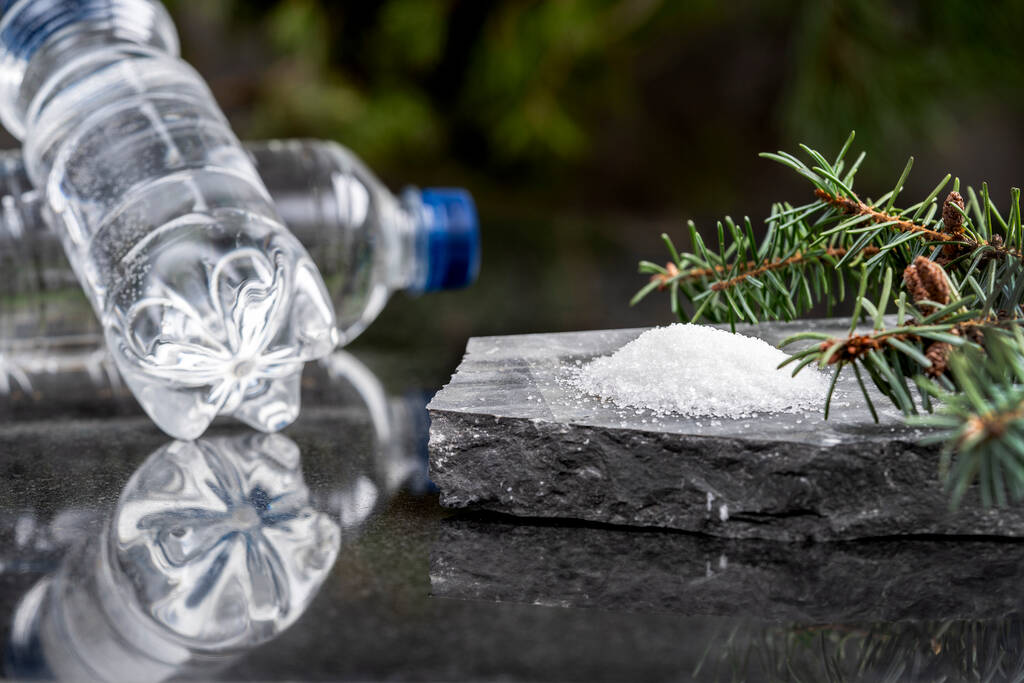Braskem announced this month that it is evaluating the possibility of producing physically segregated bio-based polypropylene plastics using bioethanol feedstock. Braskem is also exploring partnership opportunities for this project with several clients, brand owners and suppliers. The press release indicated that this project will be located in the USA, where ethanol supply and infrastructure are well-established. US ethanol production by the end of 2021 reached a record volume of 15bn gallons, accounting for 55% of the global ethanol production, according to the Renewable Fuels Association (RFA). Brazil’s ethanol production in 2021 was 7.3bn gallons accounting for 27% of total global production.
Just like the company’s ethanol-based polyethylene (PE), Baskem’s bio-PP is expected to be a drop-in solution with the same technical properties and recyclability found in fossil-based PP. Braskem currently produces its ethanol-based PE at its 260 ktpa facility in Rio Grande do Sul, Brazil.
Braskem, by the way, is a well-known producer of fossil-based olefins and polyolefins with manufacturing capacities in Brazil, the USA, Mexico and Europe. Braskem is the largest fossil-based PP producer in the USA, with a total capacity of 3.23bn lbs/year of PP located in Philadelphia (771 mmlbs/y), West Virginia (529 mmlbs/y), and Texas (1.93bn lbs/y). While it will be easy enough for the company to use the mass balance approach in producing bio-based PP using bio-naphtha or bio-propane mixed with fossil-based counterparts, there is a demand for physically segregated polyolefins, especially from branded owners.
If Braskem is looking at ethanol capacities within the vicinity of these petro-PP facilities, the state of Texas currently has 4 installed ethanol biorefineries with an existing production capacity of 345 mgpy, Pennsylvania with 1 biorefinery (120 mgpy) and Virginia also with 1 biorefinery with a mere 2 mgpy.

Braskem’s goal is to have 1 million metric tons of biopolymers capacity by 2030 and becoming carbon neutral by 2050. Braskem is also currently conducting a feasibility study in an MOU with SCG Chemicals for joint investment in a new bio-ethanol dehydration plant that will produce 200 ktpa bio-ethylene and bio-PE in Map Ta Phut, Rayong, Thailand. SCG has set a target to achieve a green polymer sales volume of 200 ktpa by 2025.




